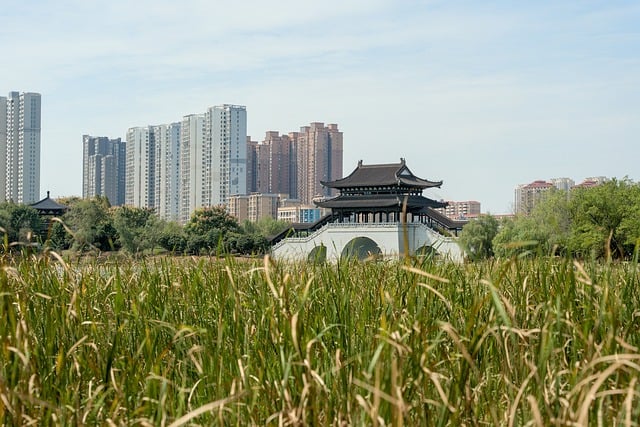In today’s fast-paced world, our connection with nature often gets overshadowed by concrete jungles and digital barriers. However, there is a growing movement towards creating greener, more sustainable communities that not only beautify our surroundings but also significantly reduce our ecological footprint. One of the most accessible and impactful ways to contribute to this movement is through eco-friendly gardening practices.
Gardening isn’t just about growing plants; it’s about cultivating a relationship with the environment. By choosing to garden in an eco-friendly manner, you can foster biodiversity, enhance soil quality, and conserve water, all of which are crucial in reducing your ecological footprint.
Embrace Native Plants
One of the simplest ways to start your eco-friendly garden is by embracing native plants. These plants are adapted to your region’s climate and soil conditions, requiring less water and maintenance than exotic species. By planting natives, you provide essential habitats for local wildlife and promote a balanced ecosystem.
Compost to Enrich Your Soil
Composting is an excellent practice that not only reduces organic waste but also enriches your garden soil. By recycling kitchen scraps and yard waste, you create nutrient-rich compost that supports healthy plant growth. This reduces the need for chemical fertilizers, which can harm the environment and contribute to your ecological footprint.
Water Wisely
Conserving water is a crucial aspect of eco-friendly gardening. Implementing smart watering techniques, like drip irrigation or rainwater harvesting, can significantly reduce water waste. Additionally, watering deeply and less frequently encourages plants to develop deeper roots, making them more resilient during dry spells.
Practice Organic Gardening
Opting for organic gardening avoids the use of synthetic pesticides and herbicides, which can leach into soil and waterways. By using organic methods, you protect not only your garden but also the larger environment. Techniques such as crop rotation, companion planting, and natural pest deterrents can keep your garden thriving without compromising the ecosystem.
Create a Wildlife-Friendly Space
Incorporating elements that attract wildlife into your garden can have profound ecological benefits. Planting flowers that attract pollinators like bees and butterflies, leaving a small area of your garden wild, and installing birdhouses can help sustain local wildlife populations. This interconnection fosters a sense of community within nature, promoting a richer biodiversity.
Share Your Eco-Friendly Practices
Transforming your personal garden into an eco-friendly sanctuary can inspire others in your community to follow suit. Organize workshops, share your experiences on social media, or invite neighbors to participate in a community garden. By banding together, you amplify your impact, creating a ripple effect that extends beyond your own backyard.
By engaging in eco-friendly gardening practices, we contribute to a healthier planet and a more cohesive, green community. Each small step we take towards reducing our ecological footprint can lead us toward the larger goal of sustainability and harmony with nature. So grab your trowel, get your hands dirty, and be a part of the shift towards a greener future!




